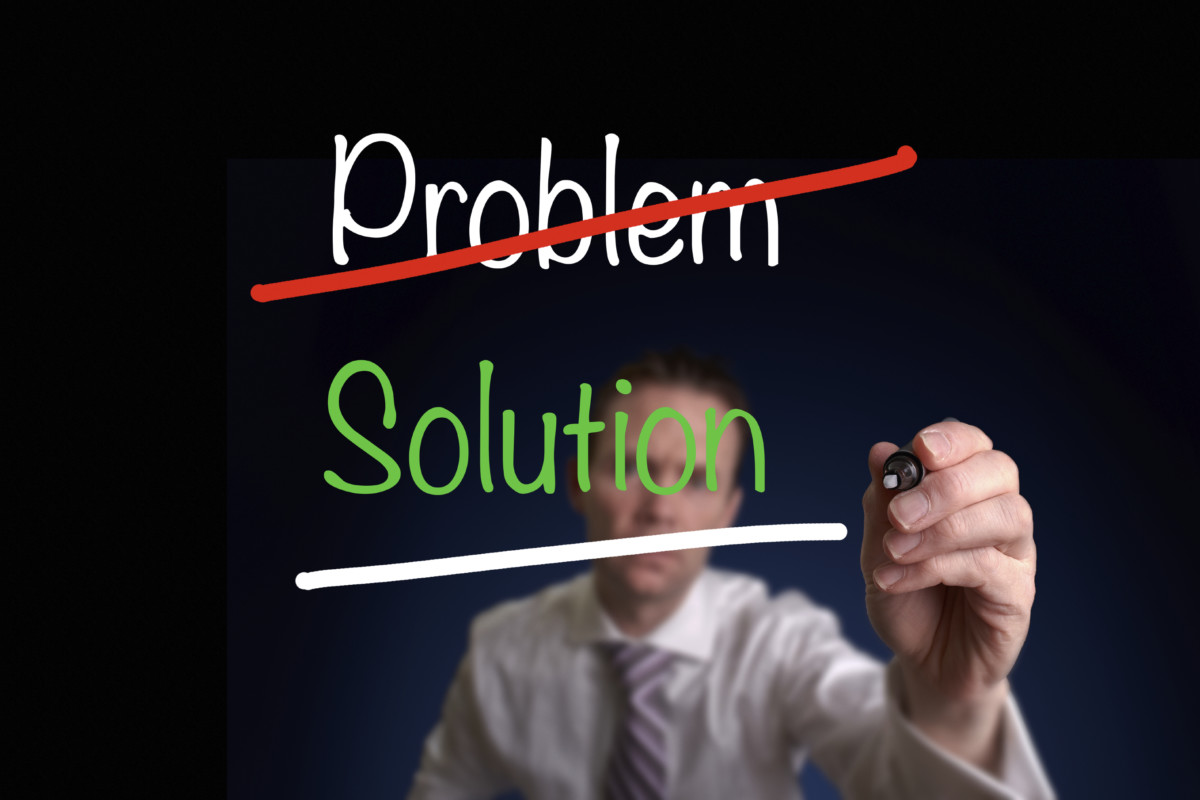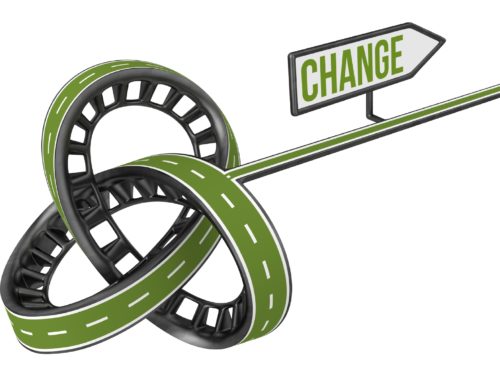You’ve been there, right?
The celebration kickoff meeting launching your new culture change initiative has come and gone.
The optimism and hope for a future resembling the lofty words from the new corporate values statement lasted a few days … maybe even a few weeks. Then, a slow march to the past ensured as the needs of the business conflicted with the desired culture of the future.
Six months later, the entire project has taken its place among a long line of failed attempts at positive change.
True culture change takes hard work and time. The ingrained habits that define your current culture are not transformed in a few-hour event. No motivational speaker, video, or confetti shoot from a cannon is that good.
That doesn’t mean you should avoid your kickoff celebration. There is a benefit in creating a sense of excitement, demonstrating leadership commitment, and ensuring a consistent message to everyone. Just don’t stop there.
Here are seven actions that you can take to ensure that your culture change takes root and becomes the competitive advantage you desire.
- Articulate the purpose for the change and contrast the desired future with the current reality. Two questions occur early in the culture change process: “From what to what?” and “What is the business reason for the change?” If these questions can’t be answered, there is little hope for building the buy-in and support you need to succeed. It is not that your people are working to sabotage your efforts. They just need specificity to understand why and how they should act differently.
- Cultivate the language. Carl Sewell, Chairman of Sewell Automotive Company, told me that the most important decision that they ever made in their business was the decision to be the best. That decision, in his words, made the business more focused, profitable, and fun. However, a desire to be the best loses its impact if people talk about being above average. That is why Sewell intentionally cultivates a language of success to align with the culture he wants to sustain.
- Leverage the legends and symbols. The ultimate communicators of your culture are the legends that are shared and the symbols you use to demonstrate what is important. Share the stories and examples of people who exemplify the culture as they perform their jobs. Most important, use the symbols of success such as promotions, raises, and increased opportunity to reward those who set the example you desire.
- Create continual awareness. Do you talk about your business results in every staff meeting? How about your values and your culture? It is the frequency – not just the content – of the language that matters. Where you place your focus is how the culture will evolve.
- Build and maintain the competencies. You educate and train on the skills to complete the job, right? How about those required to successfully contribute to the culture? One engineering executive in a client company called culture the “squishy” stuff. He then freely acknowledged that those hard-to-define principles make or break organizational trust, teamwork, service, and accountability.
- Align structure, process, and procedure. Let’s say you want a culture where people are empowered to make good decisions to serve your customer. Why does your process and procedure require three levels of approval to do so? Structure, process, and procedure form the guidelines that create habits, and your habits define your culture.
- Actively assimilate new members. Love them or hate them, there is no U.S. college with more active buy-in to its traditions than Texas A&M University. It isn’t an accident. Fish Camp is a four-day orientation for incoming freshmen that teaches you the Aggie values and traditions. What are you doing to do the same with the new members of your team?
A compelling culture is the intangible that provides a sustainable competitive advantage in a world where products and services are viewed by your customers as interchangeable. It is evidenced in the shared assumptions, beliefs, behaviors, and habits that exemplify excellence. Sustaining it takes discipline that extends beyond the hype.
Randy Pennington is an award-winning author, speaker, and leading authority on helping organizations achieve positive results in a world of accelerating change. To bring Randy to your organization or event, visit www.penningtongroup.com , email info@penningtongroup.com, or call 972.980.9857.





